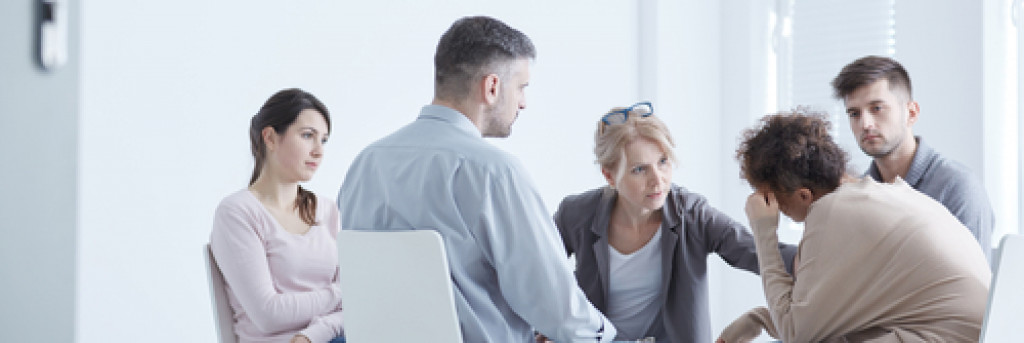It’s not just physical abuse that leaves lasting scars. Emotional and psychological abuse can be just as damaging, sometimes even more. The effects of an abusive relationship can stay with you long after the relationship is over, impacting your daily life in ways you may not even realize. You may experience difficulty trusting others, constant anxiety or fear, depression, low self-esteem, or post-traumatic stress disorder (PTSD). These can have negative impacts not only on your future relationships but also on your daily life and on how you view yourself. This is why you must take the necessary steps to recover and heal from an abusive relationship. Here are the basics of what you need to do:
Make a Plan
Once you’ve freed yourself from the abuser, it’s important to take some time to plan your next steps. If you used to live with your abuser, you’d have to find your own place, which can be difficult both practically and emotionally. You’ll also need to consider your financial situation and whether you can support yourself independently. Don’t think you don’t have any options or resources. Many organizations can help you through this difficult time. You can also reach out to your family and friends. Make sure you have a list of safe places to go and people to call for help.
Moreover, it’s also important to have a safety plan in case you run into your abuser on the street or if they try to contact you. You can change your phone number or email address or get a restraining order. You may have to avoid places you know they frequently go to. The most important thing is to do whatever makes you feel safe and protected. If you have to move cities or change your routine, do it.
Seek Professional Help
As someone who’s gone through abuse, you may feel you’re not worthy of help or don’t deserve it. This couldn’t be further from the truth. You are entitled to seek professional help, whether in therapy, counseling, or another type of support system. It’s essential you find a therapy program that works well for your needs and schedule. You can find one by reaching out to an experienced intensive outpatient therapist who can help you work through the pain and trauma of your experience in a safe and supportive environment. They will help you develop healthy coping mechanisms to deal with the aftermath of abuse and begin to heal the wounds left behind.
Reach Out to a Support Group
There are groups available to help people who have been in abusive relationships. These groups can provide you with support and allow you to share your experiences with others who have been through similar situations. This can be an invaluable resource as you work to recover from your experience. This is a safe space where you can openly share your feelings and begin to process what you have been through. By talking to others who used to be in abusive relationships, you can better understand what you are going through and how to best move forward.

Find a Primary Healthcare Provider
You should also consider getting regular checkups if you have been physically abused. This is because abuse can often lead to long-term physical health problems, such as chronic pain, headaches, gastrointestinal issues, and sexually transmitted infections. A primary healthcare provider can help you manage these conditions and get the treatment you need. By getting regular checkups, you can ensure that any potential injuries are caught and treated as soon as possible. You may also want to discuss with your doctor any emotional or psychological aftereffects of the abuse, as these can also impact your physical health.
Build Your Self-Esteem
You must work to build your self-esteem after an abusive relationship. This may be difficult, as your self-worth may have taken a beating during the abuse. However, it’s important that you start to see yourself as a valuable and worthy person. You can do this by spending time doing things that make you happy and feel good about yourself. This may be exercise, writing, painting, or another creative activity.
Moreover, spending time around positive people who will support and uplift you is also important. Likewise, avoid negative and critical people, as they will only bring you down. By taking care of yourself both physically and emotionally, you will be on the path to rebuilding your self-esteem.
Recovering from an abusive relationship is a process that takes time. It’s important to be patient and go at your own pace. Remember, you are not alone and help is always available.
